Our supporters want you to know why they support what we are doing in challenging the regulations and demanding change
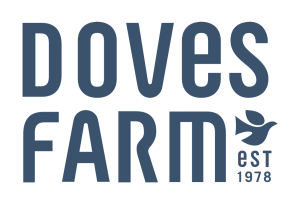
“At Doves Farm Foods, we are supporting this legal challenge because transparency, traceability, and the right to an informed choice within a sustainable food system are important to us as a food business, to our customers and to all consumers. The Genetic Technology (Precision Breeding) Regulations 2025, as they currently stand, threaten these principles by removing labelling requirements and
in doing so, undermines the protections for organic and non-GMO food supply
chains.”
Visit Doves Farm

“At Daylesford Organics, our connection to the land and respect for nature guide everything we do. We believe that everyone deserves to know exactly what’s in their food and how it’s produced. The Genetic Technology (Precision Breeding) Regulations 2025 put these values at risk making it harder for individuals to choose organic or non-GMO foods and undermining the trust that supports sustainable farming. We’re standing behind this legal challenge, because openness, honesty and the ability to make informed choices are vital for a food system that truly honours both people and the environment.”
Visit Daylesford Organic

“Planet Organic is supporting this action because we believe there should be labelling and transparency so consumers can make informed decisions. This shouldn’t be a cost added to organic and non-organic farmers, producers, manufacturers, retailers or anyone else affected. That burden should be borne by the developers of precision bred GMOs. Our desire is that the UK government supports organic farmers, producers, brands and retailers as other governments do.”
Visit Planet Organic

Sustainability and care for the environment are threads that run through everything we do at Abbey Home Farm. From our family-owned organic farm to our farm shop, own brand products, café and education centre we know what goes into the food we produce on our farm and can openly communicate this information, and the vales behind it, to our customers and to the people who visit our farm. In our view, the lack of labelling and transparency for precision bred GMOs brought in by these new regulations, denies consumers information that should be on all food packaging.
Visit Abbey Home Farm

Joanna Blythman
This government is trying to sidestep public opinion by sneaking these genetically modified organisms (GMOs) onto our plates, unlabelled, even though their introduction would change our food in a way that could never occur in nature. This dishonest GM push represents the most serious threat to non-GMO, organic, and traditional food and farming that I have witnessed in my lifetime. It is an attack on our right to choose to eat time-honoured ingredients in their natural forms.
Visit Joanna Blythman

“Our customers rely on us being able to tell them how the food they’re eating was grown; how the land was worked, what inputs were (or were not) used – which seeds were planted. We take pride in being able to track every element through movements and processes, across time back to the farm or supplier. It allows us to understand and manage food safety risks and prevent food fraud. This new legislation makes that impossible.”
Visit Hodmedod’s
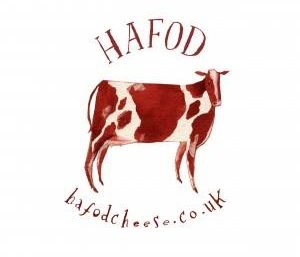
If the UK Government is successful in removing the current regulatory barriers to gene editing, there could be potentially massively damaging consequences for biodiversity, welfare, sustainability and public health. Gene editing risks perpetuating the decline in agricultural biodiversity, reinforcing a hubristic belief that we can redesign nature to suit short-term human advantage.
Visit Holden Farm Dairy

The Sustainable Food Trust is concerned that widespread adoption and deregulation of gene-edited crops and livestock risks further entrenching industrial farming, accelerating biodiversity loss and reducing transparency in the food system. Treating gene editing as a technological fix risks the assumption that complex problems can be solved at the genetic level. We believe the urgent challenges facing our food system require a systemic shift towards regenerative farming in harmony with nature. Weakening regulation and labelling would undermine informed consumer choice and threaten the integrity of organic and non-GM farming.
Visit the Sustainable Food Trust
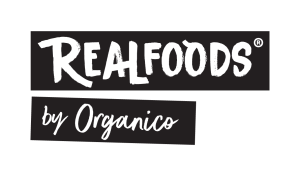
“At Realfoods we stand up for real foods, nutritious, healthy, inclusive, culturally respectful with a multitude of farmers able to take care of the land and take care of their work – and it’s about decently fed consumers. That’s why we are opposed to GM, in all its forms, because it a shortcut to more of the same bad food system, enriching the few, and impoverishing us all. Failing to label GM puts the work of the best British farmers at risk and robs consumer of their right to choose, it’s the wrong food policy choice and the wrong direction for UK agriculture but it’s also an attack on the basic freedom of producers as well as consumers.”
Visit Real Foods
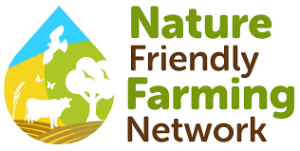
“Farmers need the freedom to grow food in ways that work for their land, their values, and their markets. But the new precision breeding regulations risk handing more control to corporations at the expense of farmer autonomy. Without labelling, traceability or risk assessment, these changes strip us of choice and transparency – and could drive up chemical use through herbicide-tolerant crops. Gene editing must not become a shortcut for avoiding real system change. We need support to work with nature, not more pressure to buy into tools that serve corporate interests first.”
Visit Nature Friendly Farming Network

‘It is important to protect the choice of organic farmers and consumers in relation to growing PBO- free crops and eating PBO-free food. Without appropriate registration and legislation it is very difficult to see how these rights, from farm to fork, can be protected and how organic farming and the introduction of PBOs can co-exist in the UK’
Visit Riverford Organic Farmers
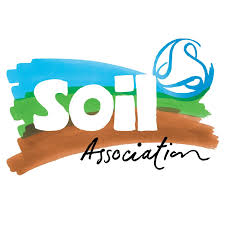
“Keeping PBOs out of organic food is legally required and vital for consumer confidence in the integrity of organic food. The Government must ensure traceability of PBOs, so the burden of proof and cost of doing so falls on those on seek to use them, not those who don’t. Otherwise, the introduction of PBOs risks undermining the continued growth of organic food in this country, with all the tried and tested environmental and animal welfare benefits that brings. “
Visit Soil Association
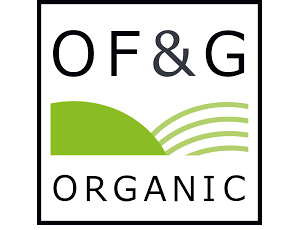
“Organic Farmers & Growers supports the action taken by Beyond GM to ensure that there is transparency through the supply chain so that consumers can be sure that genetically modified organisms do not contaminate organic foods. This depends on robust and clear labelling so that organic farmers can ensure the integrity of the natural system that is the foundation of organic farming.”
Visit Organic Farmers & Growers

“Genetic modification is not the sole preserve of the food and farming sector; food supplements including vitamins and herbs are also potentially undermined by the dilution of regulation. That’s why Viridian Nutrition has been a long-time champion of transparency and tighter regulation, and we’re proud to support Beyond GM and their lobbying campaigns.”
Visit Viridian Nutrition

“We exist to champion and strengthen sustainable food production that supports the health of people and the planet, now and for future generations. Protecting the integrity of organic food, and indeed the safety of all food, is vital for our collective future. We are proud to stand alongside other organic businesses in supporting Beyond GM’s important campaign.”
Visit Clearspring
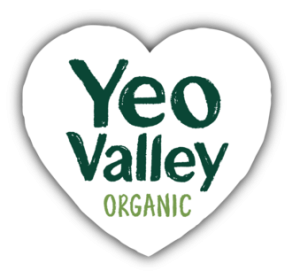
“Precision breeding may be dressed up as innovation, but it’s still genetic modification by another name. As an organic producer, I believe in working with nature, not rewriting it. These new regulations risk undermining transparency, consumer trust, and the integrity of truly natural, healthy food. Organic farming already offers resilient, sustainable solutions – without the need for genetic shortcuts.”
Visit Yeo Valley

“These regulations undermine environmental safeguards and create contamination risks that threaten sustainable farming, certification and public trust. Not being able to identify GMOs or PBOs in our supply chains risks the integrity of our whole organic business, growing, supplying and selling organic food.”
Visit Growing Communities

“GMWatch advocates for a rigorous evidence-based approach to assessing the risks of so-called ‘precision bred’ GMOs, as well as calling for transparency and accountability by maintaining traceability and labelling requirements. These elements are the minimum needed to ensure the public health and the environment are protected and that farmer and consumer choice over whether to grow and eat GMOs is preserved. The government’s failure to implement even the most basic safety and transparency measures around these experimental GMOs is a reckless move that prioritises commercial interests over those of the public.”
Visit GMWatch

“Slow Food strongly supports this legal action. The artisan and quality food sector is built on tradition, heritage and transparency and this powers a multi-billion pound export market. Without the safety net of transparency, quality food exports risk being rejected when producers can’t guarantee they don’t contain genetically modified precision bred organisms, which are regulated to a higher standard in key export markets. We strongly advocate for transparency and labelling to safeguard the quality exports of which this nation is rightly proud – and the jobs and businesses of the people who produce them.”
Visit Slow Food in the UK

“As innovators, deploying diversity for long-term health in microbial, fungal, agroecological and social contexts, we leverage the latest evidence in biochemistry and molecular biology to build bioregional supply chains of organic wholegrain cereals and bread. We build trust between producers and citizens based on full transparency, from soil to slice. Such trust is hard won. It depends on evidence-based standards and legally enforceable certification. The new ‘PBO’ regulations risk undermining citizen trust and choice. They also appear to hold the promoters of PBOs to lower standards of public accountability than have been embedded in – and are arguably responsible for the growth of – organic markets, supply chains and public provisioning.”
Visit Scotland the Bread
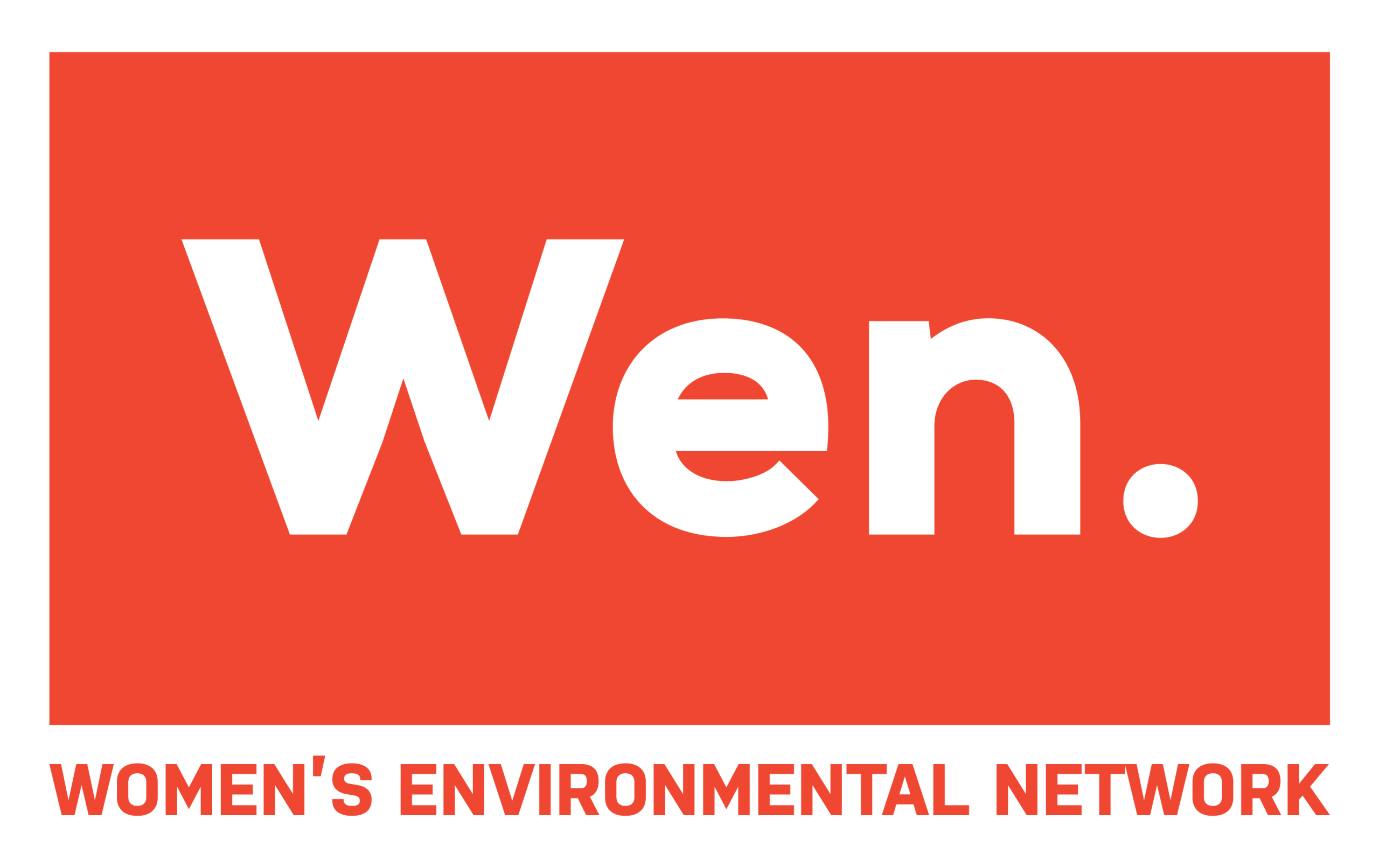
“We are very concerned about the government’s Genetic Technology (Precision Breeding) Regulations 2025. This move threatens to undermine our food system, the wellbeing of communities, and the delicate balance of nature. People have a right to know what is in their food and how it is produced. A truly sustainable food system must be rooted in transparency, precaution, and care for both people and planet.”
Visit Wen (Women’s Environmental Network)
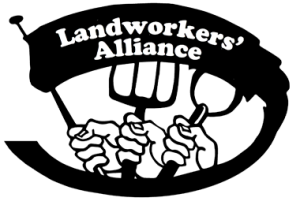
“As a union representing the interests of farmers, growers and food producers across the UK we are extremely concerned about the government’s relaxed approach to new, experimental forms of genetic engineering. A lack of transparency about these new technologies with no requirement for new GM seeds, crops and food to be labelled as such, poses huge risks to agroecological producers and consumers alike. Not being able to trace GM crops ultimately deprives us of the right to make decisions about the food we grow and eat – a principle which is key to food sovereignty.”
Visit Landworkers’ Alliance

“The Genetic Technology (Precision Breeding) Regulations 2025, as they currently stand, put all the onus on organic/biodynamic certification bodies to do a job which the same legislation makes completely impossible.”
Visit Biodynamic Association
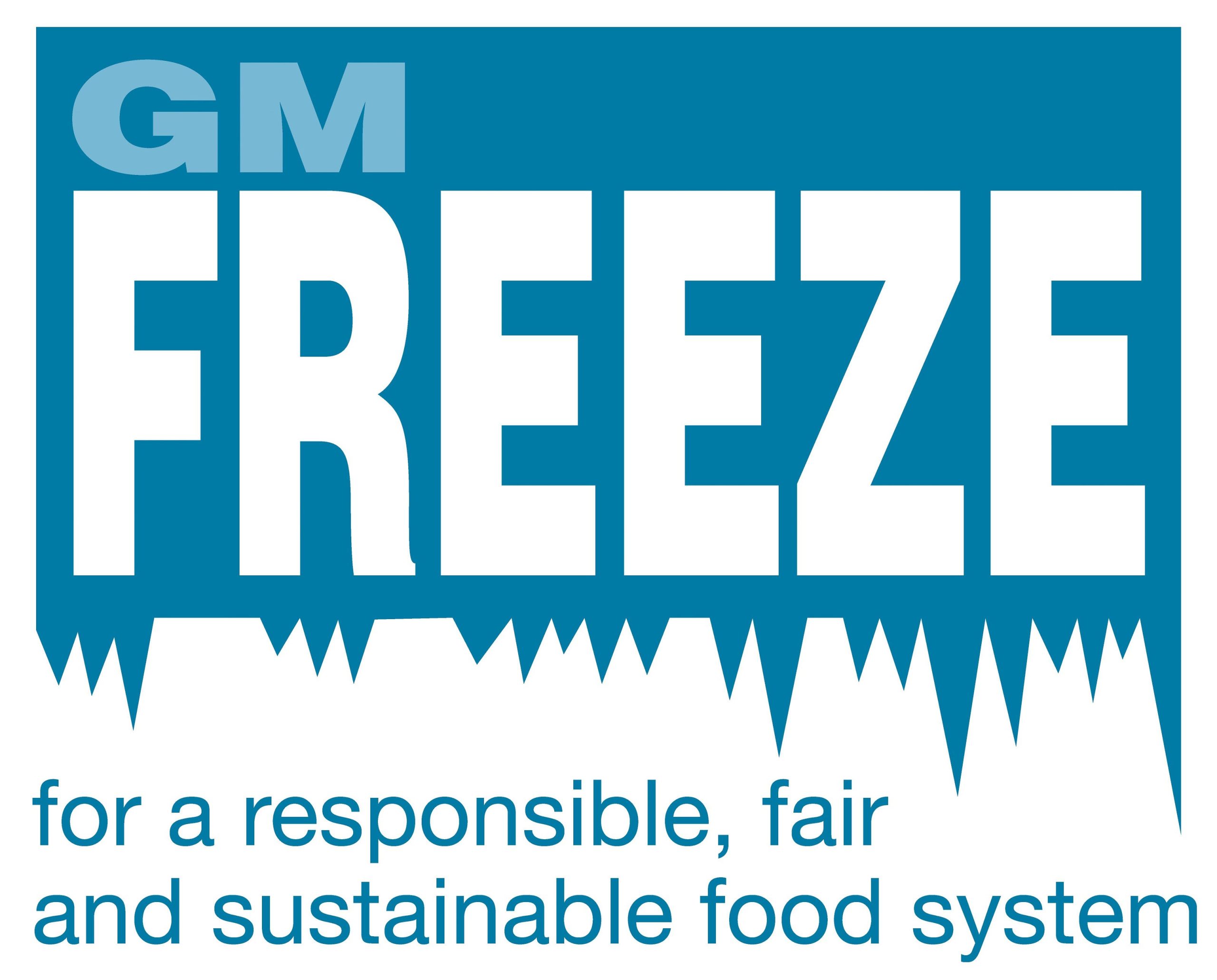
“The government has pushed ahead with the removal of safeguards over new GMOs despite clear public opposition and a lack of scientific agreement about their safety. Test tube technofixes will not solve climate change or the systemic problems caused by our industrialised food system. This legal action is a necessary step to stop the government in its tracks and prevent the exposure of our economy, health and natural environment to unnecessary risks. Without significant changes to the regulations, it will be almost impossible to obtain redress for the harms caused. ”
Visit GM Freeze
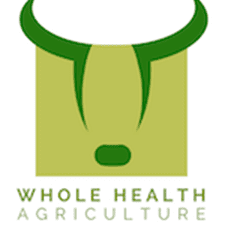
“We support this legal action because healthy food comes from healthy ecosystems. Deregulating precision-bred GMOs without robust safeguards threatens the balance of farm environments and the integrity of natural systems. As advocates of wholistic farming, we believe all technologies must be assessed for their environmental impact – not waived through without scrutiny. The future of farming depends on ecological responsibility.”
Visit Whole Health Agriculture
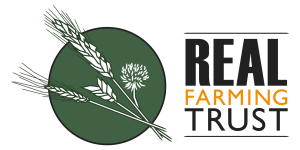
“As advocates for agroecology and food sovereignty, the Real Farming Trust supports the right to produce food in harmony with nature, and for everyone to have access to good, nutritious and sustainably produced food. Without full transparency, traceability and robust regulation, precision breeding and other GM technologies could threaten sustainable farmer’s livelihoods, undermine public health, and harm our natural environment.”
Visit The Real Farming Trust
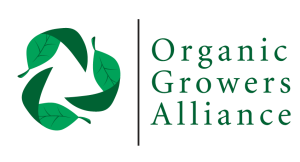
“GMOs of any type – old or new – are an anathema to organic. With the implementation of these new regulations, any serious attempt at equitable co-existence, where genetically modified precision-bred organisms can be monitored and segregated to be kept out of organic – as the law demands – will be even more difficult because the new regulations doesn’t mandate the reporting or monitoring of these organisms in the environment or the food system. This is highly irresponsible and must be challenged.”
Visit Organic Growers Alliance
